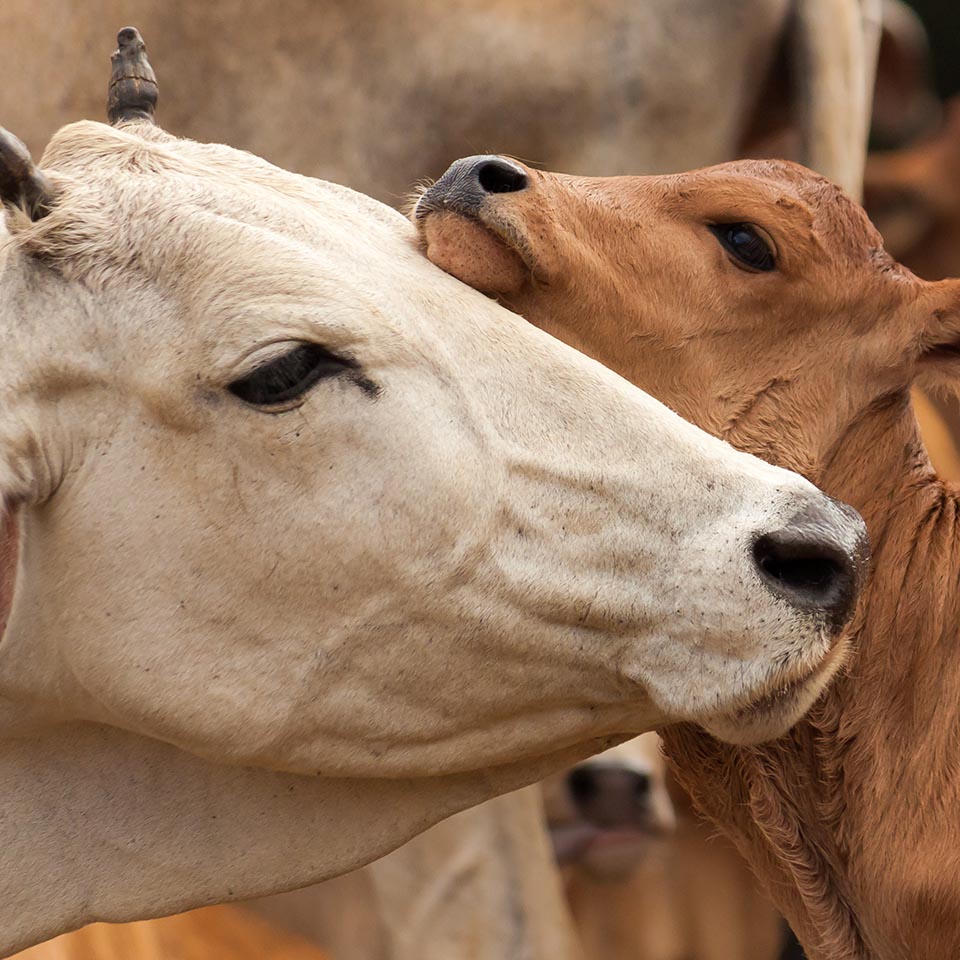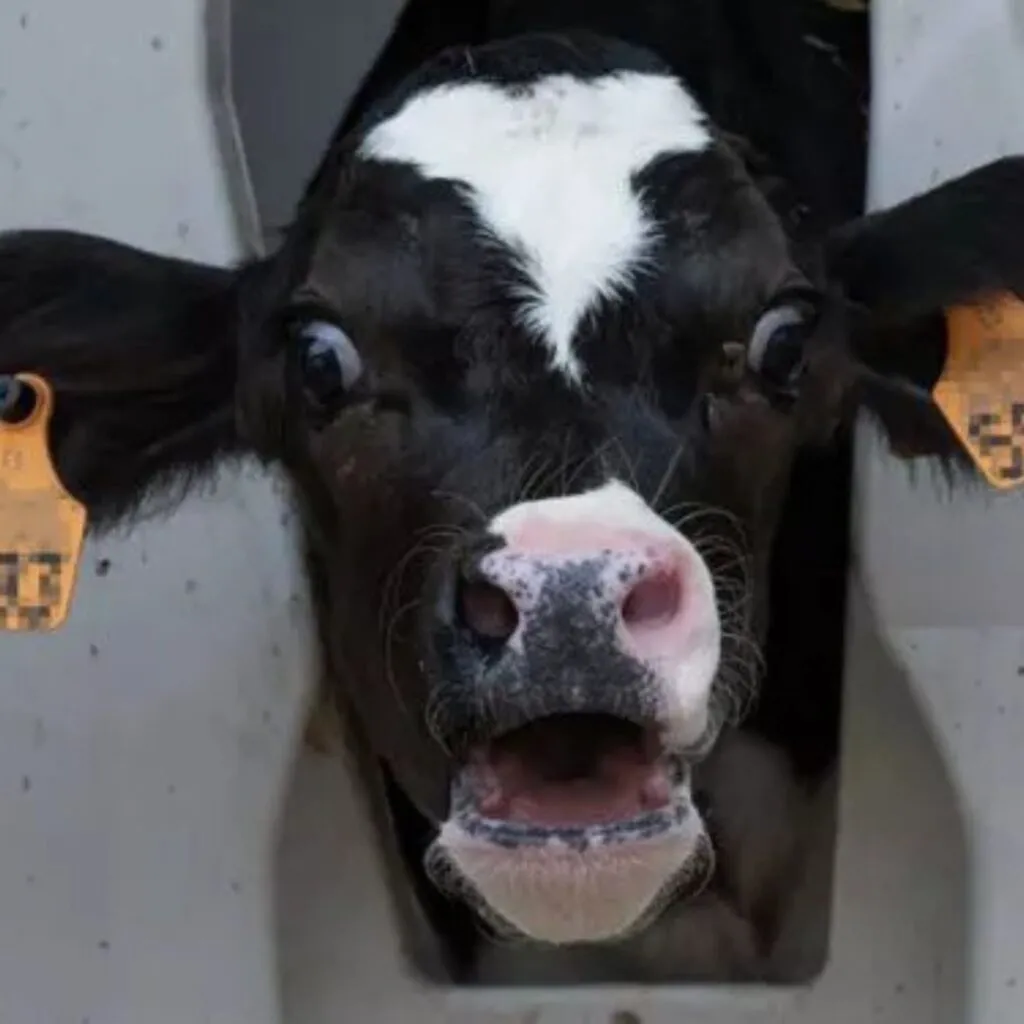

World Consumer Rights Day
World Consumer Rights Day is celebrated on the 15th of March each year to raise global awareness about the rights and needs of consumers. It was inspired by President John F Kennedy’s message sent to the US Congress on 15th March 1962, addressing the need for consumer rights. In 1983, the consumer movement first marked 15th March to act upon important consumer issues and campaigns. The day is now celebrated to respect and protect the rights of all consumers. It also represents the empowerment of consumers and serves as a day to raise awareness about problems and social injustices against consumer rights.
To honor this day, it is important that each consumer understands the products they are buying. This transparency can help consumers make better choices for themselves and everyone around them.
A Consumer’s Right to Know
It is every consumer’s right to know what they are buying and how it’s made. Accordingly, people must be made aware of where their meat, eggs, and dairy come from. These animal-based foods usually come from large-scale, factory farms. Focusing on maximizing their output and revenue, factory farms keep animals tethered or tightly packed in cages or enclosures in extremely unhygienic conditions before they are transported to the slaughterhouse.
Consumers who source their eggs, meat, or dairy from organic, natural or free-range farms are often misled to believe that the animals there are treated with care and that their animal products are better. However, these are labels to make consumers feel better about using these products. The animals on free-range farms also endure cruelty and live miserable lives until they are sent to the same slaughterhouses that factory farms use. And the meat, eggs, and dairy products from these sources are as harmful as those from factory farms.
How Animals are Killed for Food
Each year, more than 29 million cows endure cruelty and die to meet the demands of the meat and dairy industries. Animals lead miserable lives on factory farms and undergo immense torture before they reach a consumer’s table.
The animals are often given very little space to move. They can barely turn or lie down. Cows, hens, chickens, and pigs are separated from their young ones and kept in filthy, crowded sheds. This makes the animals more susceptible to infections and diseases. The animals are mutilated and tortured through dehorning, castrating, or de-beaking without any pain relief medicines. Farmed animals are also genetically modified and injected with hormones to grow bigger and produce more milk or eggs than usual. Some animals grow large and their legs cannot even support them. They are unable to reach food or water and often die of hunger or thirst.
Once the animals can no longer produce milk or eggs, they are loaded onto trucks and transported to slaughterhouses over long distances through extreme weather, without any food or water. While many animals don’t survive the journey, the remaining animals are then slaughtered by slitting their throats when they are still conscious.
How Animal Products Affect Consumers
Under the pretext of adding protein to your diet, animal products can be harmful for human consumption. Meat and dairy products are rich in saturated fat, cholesterol, hormones like estrogen, and pathogens. Besides, animals in factory farms are often riddled with infections and diseases which can pass on to consumers of these animal products. The animals are also given antibiotics, which can lead to antibiotic resistance in humans, making consumers more susceptible to bacterial infections.
Furthermore, many studies have shown that the long-term consumption of red meat and processed meat can increase the risk of mortality, obesity, hypertension, heart problems, colorectal cancer, and diabetes in consumers. This is why more and more consumers are opting for better dietary choices and are switching to plant-based proteins.
The Power of Consumers
Currently, there are several plant-based products like mock meat and plant-based dairy, which can easily replace animal-based proteins from the diet. Eating a wholesome plant-based diet can reduce the risk of chronic illnesses like heart disease, cancer, hypertension, diabetes, and obesity. Furthermore, going plant-based can also help reverse the environmental damage done by animal farming and end animal cruelty.
With the number of options increasing, enthusiasts of plant-based eating will find it easier to replace them with animal products. It is important to remember that as a consumer, you have the right and power to choose better products for yourself. So this World Consumer Day, choose to change the world by changing what you consume.
Recommended



